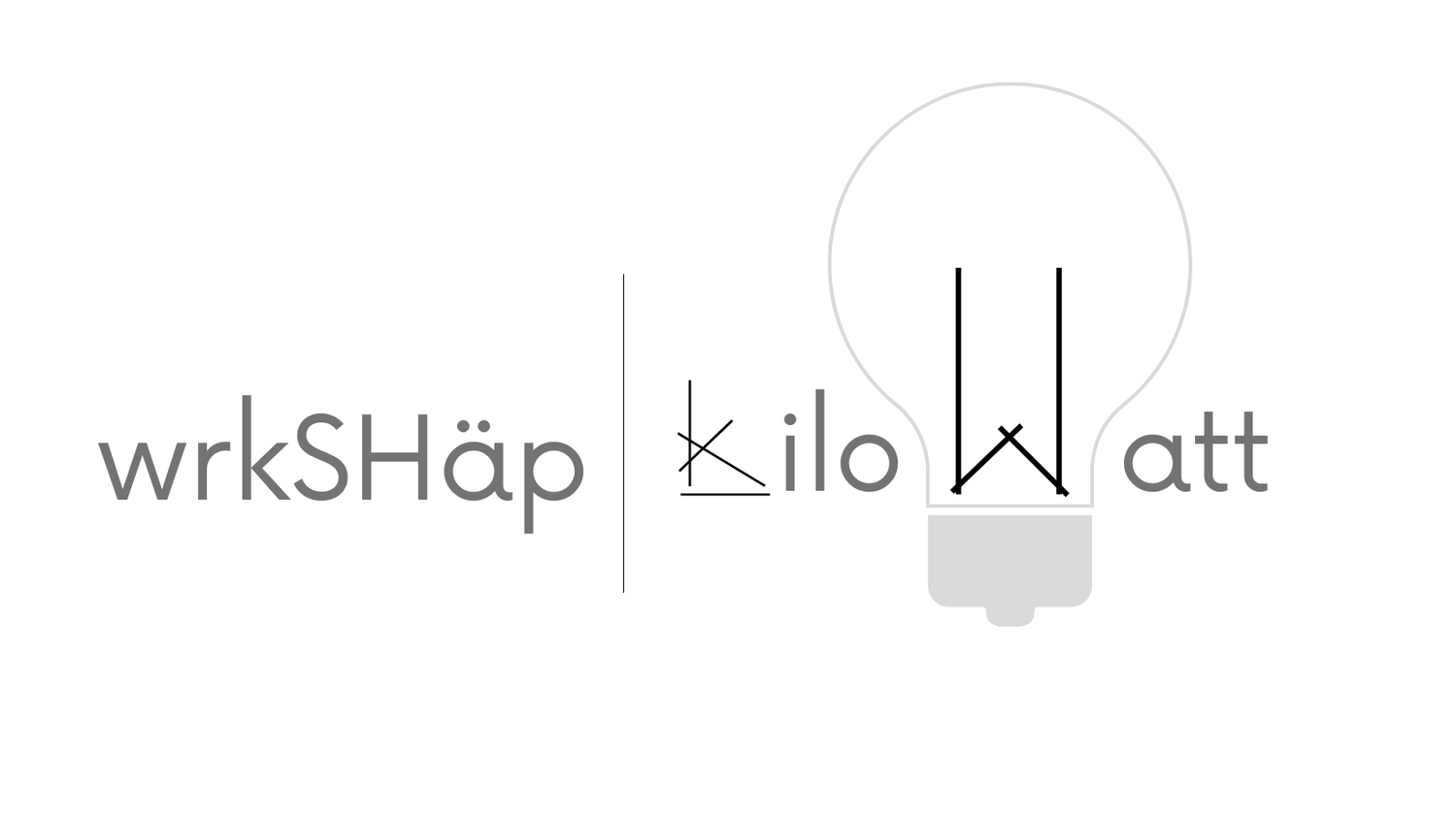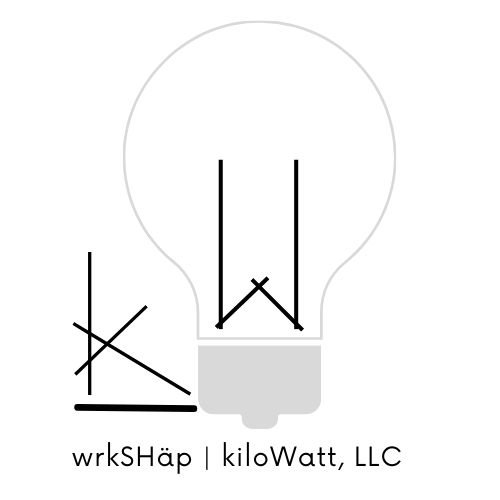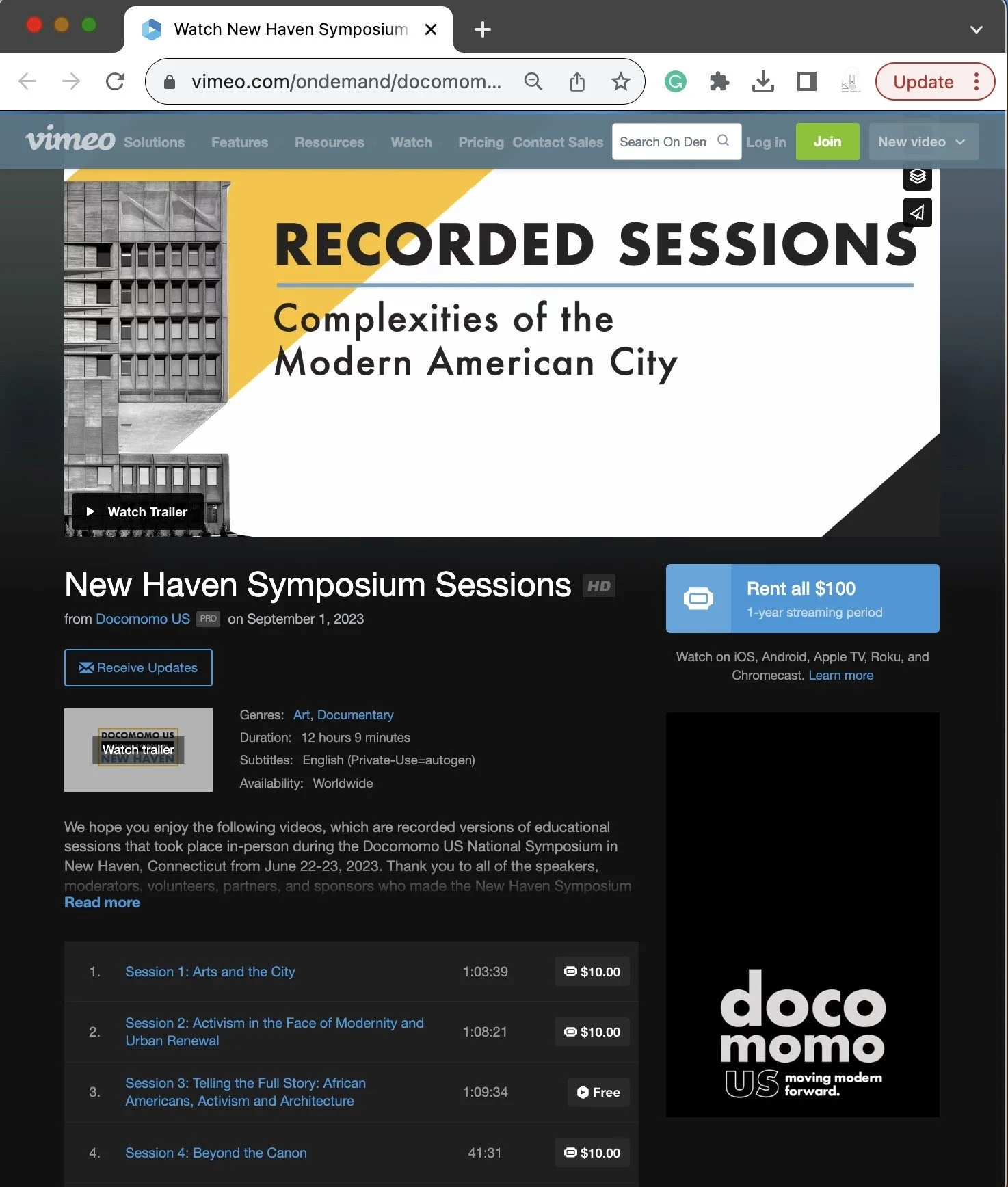Daily REPairations No. 2: Pay Black People — Speaking Engagements
This article is the second in a series. For context about the series, click here to read "Daily REPairations No. 1: Cite Black People". With great care and appreciation for myself and others, I submit this reflection.
.....
As the summer of 2023 comes to an end, I am reflecting on my most memorable moments. The presentation that I gave at the 2023 Docomomo US National Symposium in New Haven, CT, was one of them. It was an opportunity for me, a Black woman, to practice racial equity in the sense of asking for what I need: reciprocity.
The title of my presentation was: “(un)Redact the Facts … of the Invisible Architectures of Narratives + Interpretations about History to Tell a Full(er) (Hi)Story for Racial Equity + Healing”.
It’s a talk that has evolved since I first started this research and advocacy on history communications in 2020. For the DOCOMOMO US National Symposium, a conference that centers on the mid-century modern era, I catered the talk on how to tell a full(er) story about the historical trauma, lynching and redlining, that layered this era of much innovative, quirky, cool “futuristic” design. I am thankful that DOCOMOMO US picked the abstract that I submitted with my guest speaker application and I am thankful for the opportunity to share.
Thank you to those who thanked me for sharing and for being brave. I presented to a room of a majority White audience and spoke openly about white supremacy, how architecture and preservation perpetuate it through grammar and language choices. It was my first time presenting, in-person, at a national conference. Was I both nervous and excited? Why yes!
One of 57 guest speakers who presented topics throughout the five-day conference, I was one of three panelists, moderated by J.C. Calderón AIA, NOMA, LEED AP for “Session 3: Telling the Full Story: African Americans, Activism, and Architecture”. I thoroughly enjoyed each presentation by the other panelists, Jennifer Walkowski and Daniel Williamson. I wish we had more time in our session for discussion!
k. kennedy Whiters, AIA, presenting at the 2023 DOCOMOMO US National Symposium in Hotel Marcel. Shown on the slide is a photo of June Jordan.
Thank you to fellow preservation architect Angel Ayón, AIA, NCARB, LEED AP for agreeing to take a few photos of me in this momentous, personal, and communal milestone. I'm so glad that one of the photos is of me and June Jordan. June Jordan (July 9, 1936 – June 14, 2002) was a Black woman, bisexual, a poet, writer, activist, and unknown to many, an environmental designer. In addition to integrating her writing about one of my favorite topics, the passive voice, in my talk, I made a point of discussing her work as an environmental designer during the mid-century modern area. Was my talk the first utterance of June Jordan’s name at a DOCOMOMO US Symposium? Maybe so.
Not a poet by profession, I am inspired by these words she shared in an interview with Alternative Radio in response to a question about the role of the poet in society:
“Always to be as honest as possible and to be as careful about the trust invested in you as you possibly can. Then the task of a poet of color, a black poet, as a people hated and despised, is to rally the spirit of your folks…I have to get myself together and figure out an angle, a perspective, that is an offering, that other folks can use to pick themselves up, to rally and to continue or, even better, to jump higher, to reach more extensively in solidarity with even more varieties of people to accomplish something. I feel that it’s a spirit task.”
…
Earlier this week, DOCOMOMO US shared a link to the Symposium recordings on Vimeo. Instead of charging a rental fee for the recording of “Session 3: Telling the Full Story: African Americans, Activism, and Architecture”, they are offering it for free, if selected a la carte.
Some context around DOCOMOMO US' free offering of this session: I appreciate DOCOMOMO US doing so, as I addressed concern about the national non-profit profiting from a presentation made by me, a Black woman who did not receive financial compensation for the service beyond complimentary conference registration. As a part of my negotiations to present at the conference, I received the latter, confirmation that the recording would only be available for one-year, and DOCOMOMO US is considering compensating Black presenters at future conferences.
As momentum builds for pay equity across many sectors:
:: for the abolishment of unpaid internships championed by Sarah Marsom, job boards with transparent job/internship posting policies such as Museum Hue, NCPH, and my own Black in Historic Preservation Job Board,
:: for economic justice in community-based cultural work such as oral history work by Sarah Dziedzic
:: for residual compensation / residual pay advocated for in Hollywood by the current Writers Guild of America (WGA) Strike that has similar tones to organizations/individuals compensating conference presenters for the continued use of their presentation recordings
:: government mandates for salary ranges on job postings such as in New York State and thus New York City, and
:: because of the legacy of historical trauma that has resulted in a tremendous wealth gap in the US between Black and White people,
it is especially critical for individuals and organizations to compensate Black people for their labor. Financial compensation is best as we live in a society where money equals value and power. When you do so, you say that our lived experience as a Black person is of value and therefore we matter. And Black people, exercise the confidence you already have to state your fees upfront and follow up with an invoice because of the aforementioned. We are worthy of this form of appreciation and reciprocity for our labor and lived experience.
My 2023 conference speaking experience, and experiences over the last two years have been a larger pay equity issue of financially compensating all conference presenters, not just the headliners and opening/closing plenary speakers. Include a line item in your conference budget for honorariums for all presenters. This might require limiting the number of speakers and/or increasing registration fees and fundraising to cover this line item. I offer these suggestions as someone who planned and hosted a virtual historic preservation conference in 2021. I made sure each presenter received financial compensation and complimentary registration, including the opening plenary speaker, who respectfully declined the honorarium offer. Compensation was made possible by one of the conference sponsors.
Some thoughts on compensating guest speakers via X (Twitter):
:: Vivianne Castillo, Founder of Humanity Centered: https://twitter.com/vcastillo630/status/1498108047478214657?s=20
:: Louie Dean Valencia, PhD, Digital Historian: https://twitter.com/BurntCitrus/status/1600171065606406148?s=20
And, a thread related to paying academics for speaking engagements, with applicable notes for conferences in general:
:: Jennifer van Alstyne, Owner of The Academic Designer, LLC: https://twitter.com/HigherEdPR/status/1599479636622479365?s=20
Within this thread, I recommend this one where the author outlines the subtasks within the task of presenting a $3,500 talk: https://twitter.com/AstridBears/status/1599762752180195328?s=20
...
Since DOCOMOMO US is not charging a rental fee to watch Session 3 (thank you for not profiting from my work, at least a la carte, as I advocated for in my talk and contract negotiations), you, fellow reader, have the opportunity to financially support my work, the opportunity to participate in reciprocal care for my time and energy in producing this research and racial equity advocacy. The advocacy of (un)Redact the Facts is changing the way people and organizations are writing narratives and interpretations across the country, and across the pond, for racial equity and for our collective healing from historical trauma.
Recorded DOCOMOMO US National Symposium Sessions on Vimeo.
Above all, you are uplifting the value of this work with your attention, when you integrate the tenets of (un)Redact the Facts in your work, and with your financial support.
To watch the DOCOMOMO US recording, click here.
:: There are three payment options. The General Admission fee is a percentage of my hourly rate for racial equity consulting and the other fees follow from this fee.
With great care and appreciation, I submit this reflection. Thank you so much!
On June 22, 2023, k. kennedy Whiters, AIA (she/her), presented "(un)Redact the Facts ... of the Invisible Architectures of Narratives + Interpretations about History to Tell a Full(er) (Hi)Story for Racial Equity + Healing". This 20-min. talk was one of three in the Session 3 panel at the 2023 DOCOMOMO US National Symposium in New Haven, CT, held at the recently restored Marcel Breuer-designed Hotel Marcel, Yale University's campus, and surrounding midcentury modern sites.
kennedy, a preservation architect, is the founder, owner, and principal of wrkSHap | kiloWatt, an NYC-based design studio that illuminates possibilities in historic preservation and owner's representation. wrkSHap kiloWatt is also home to initiatives that advocate for equitable practices in historic preservation: Black in Historic Preservation, Beyond Integrity in (X), and (un)Redact the Facts.
This article also appears on LinkedIn.




